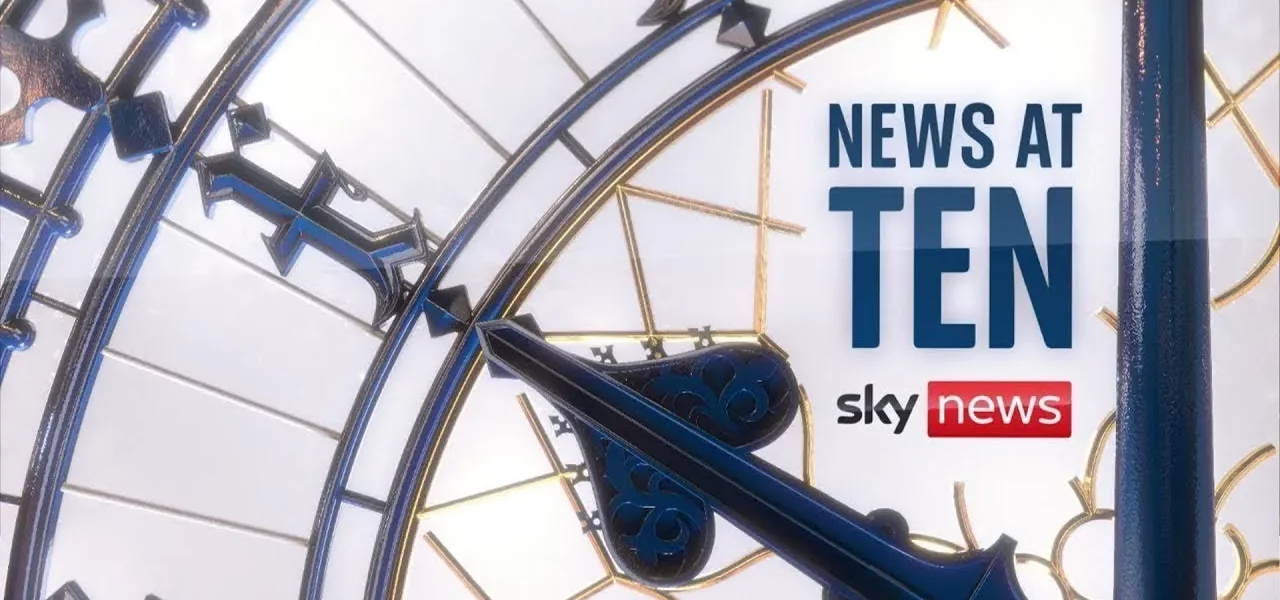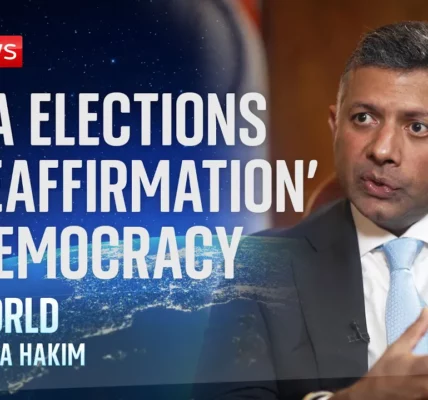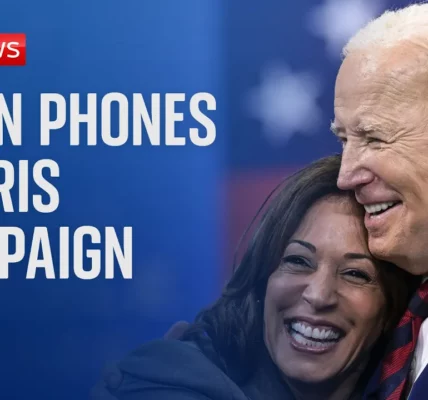The Economy Takes Center Stage in UK Politics

In the wake of significant political events in the UK, the economy has emerged as a focal point for both the Labour and Conservative parties. This article delves into the current political climate, highlighting key figures, proposed policies, and the implications for the future of the country. We will explore the intricacies of party strategies, tax policies, and the ongoing debates that shape the economic landscape.
Introduction
The political atmosphere in the UK is currently charged with discussions about economic policies, party strategies, and the implications of recent events. With the Conservative party proposing changes to pension plans and Labour’s shadow chancellor Rachel Reeves laying out a cautiously optimistic economic vision, voters are left to navigate a complex landscape filled with promises and potential pitfalls. This article aims to dissect the key elements of this political narrative, focusing on the implications for everyday citizens as well as the broader economic context.
The Conservative Party’s Economic Focus
As the Conservative party seeks to solidify its position in upcoming elections, it has placed a significant emphasis on economic stability and pension plans. Recent announcements, including a proposed increase in the tax-free pension allowance, reflect an attempt to appeal to older voters, a demographic that has traditionally supported the party.
Pension Plans and Tax Policies
The Conservative strategy includes:
- Raising the tax-free pension allowance.
- Maintaining the triple lock on pensions, which guarantees increases based on inflation, average earnings, or 2.5%—whichever is highest.
- Targeting tax evasion as a means to fund these initiatives.
However, critics argue that these policies are merely a response to the party’s declining support among pensioners and fail to address deeper issues within the pension system.
Labour’s Vision for Economic Growth
In stark contrast, Labour is positioning itself as the party of business, aiming to present a safe and stable alternative to Conservative policies. Shadow Chancellor Rachel Reeves has emphasized the importance of collaboration with businesses to spur economic growth, asserting that the party has evolved from its previous image under Jeremy Corbyn.
Costed Plans and Tax Rises
Key aspects of Labour’s economic platform include:
- All economic plans will be fully costed and transparent.
- No increases in income tax, National Insurance, or corporation tax are planned.
- Potential increases in other tax areas, leaving some room for flexibility based on unforeseen economic conditions.
Reeves aims to reassure businesses that Labour will provide a stable economic environment, although critics question the viability of these promises without clear details.
Political Drama and Key Figures
The political landscape is further complicated by the actions of key figures within both parties. The reinstatement of the Labour whip for Diane Abbott follows her suspension due to controversial remarks, indicating a possible shift in party dynamics as Labour seeks to distance itself from past controversies.
Diane Abbott’s Controversy
Diane Abbott, a significant figure within the Labour Party and the first black female MP, has faced scrutiny and criticism for her comments regarding discrimination. Despite her reinstatement, the decision to bar her from standing in the upcoming elections reflects the party’s desire to project a new image under Keir Starmer’s leadership.
Rachel Reeves and Economic Credibility
As the shadow chancellor, Rachel Reeves is tasked with restoring Labour’s economic credibility. Her cautious approach to tax policy and emphasis on costed plans aim to reassure voters and businesses alike. However, she faces the challenge of proving that Labour can manage the economy effectively after years of Conservative leadership.
The International Context
In addition to domestic policies, international events continue to shape the UK’s political landscape. The ongoing conflict in Israel and Gaza, along with tensions in global markets, add layers of complexity to economic planning and political strategy. The UK government’s response to these international issues will be closely scrutinized by both the public and political opponents.
Conclusion
The current political climate in the UK is characterized by a focus on economic stability, party reforms, and the implications of international events. As both Labour and the Conservatives prepare for the upcoming election, their strategies will undoubtedly evolve in response to public sentiment and economic realities. Voters are encouraged to stay informed about the policies being proposed and consider how these changes may impact their lives. For more insights on UK politics and economics, explore our related articles on party strategies and economic forecasts.
“`




